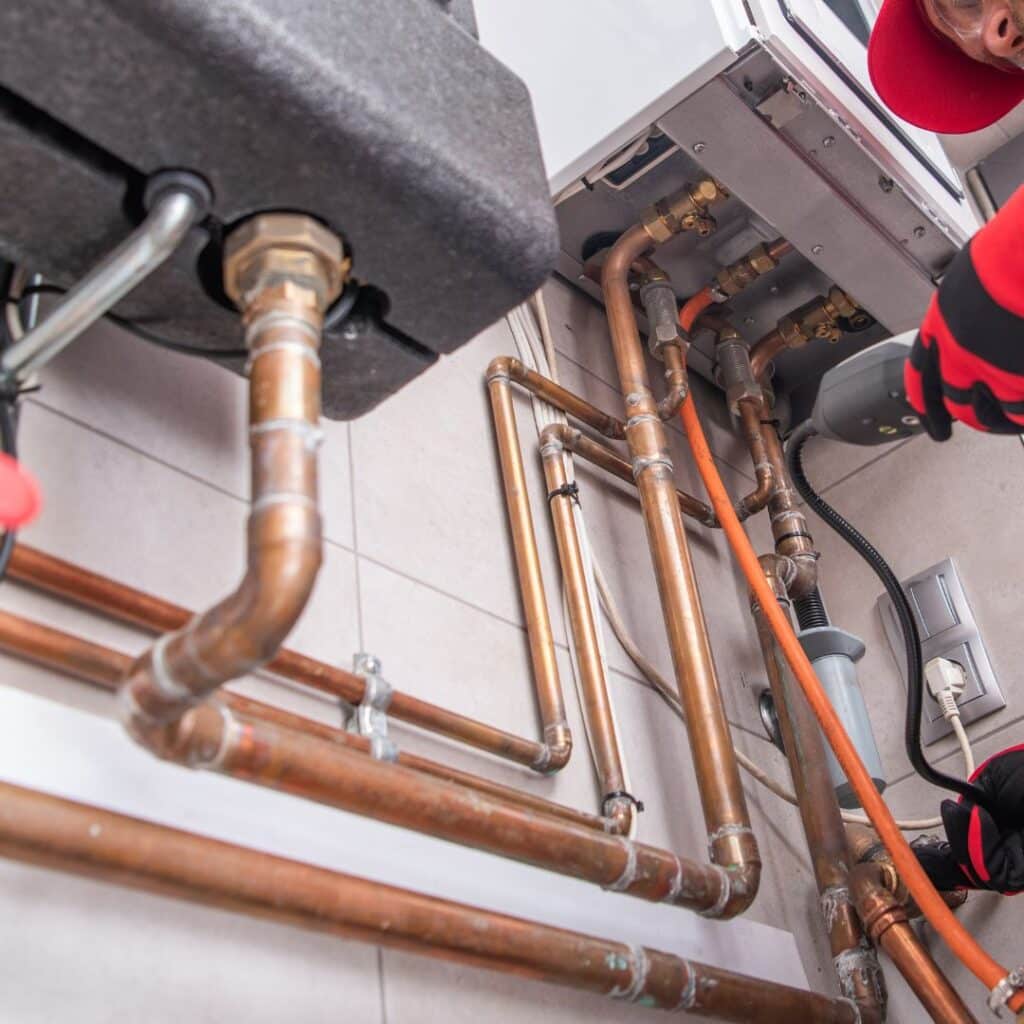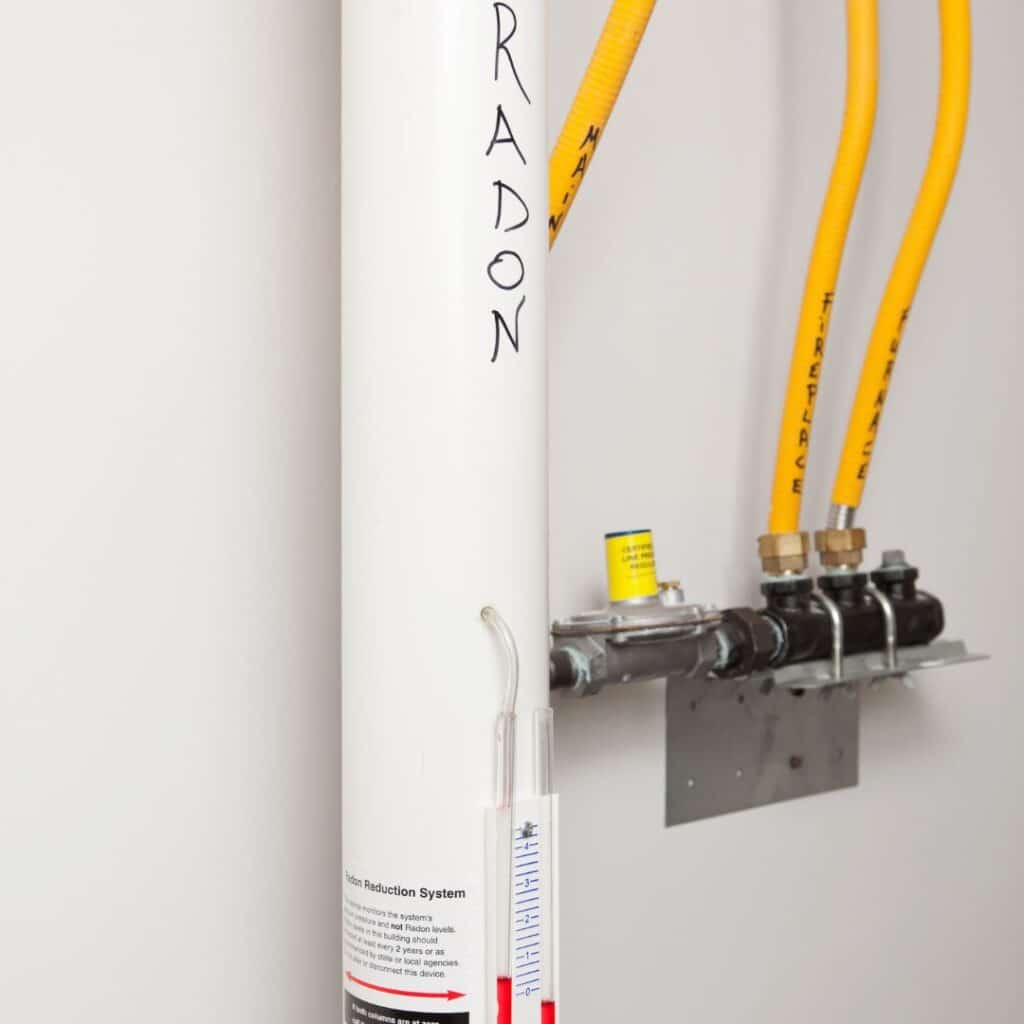Gas piping is an important part of residential home maintenance, but many homeowners are not familiar with the basics. From the safety concerns to installation and repair tips, understanding gas piping can help ensure a safe and efficient home.
This guide breaks down all aspects of gas piping for residential homeowners, including what it is, why it’s necessary, how to identify potential problems, and when to call in a professional for assistance. Whether you're looking for information because of a new construction or for a current home with a piping system, this is everything to know.
With this information at hand, you can rest easy knowing your family is safe while taking advantage of all that natural gas has to offer!
What is Gas Piping For Residential Homes
Gas piping is the system of pipes, valves, and fittings used to transport natural gas from a utility source to your home. Depending on the design of your home, it may also include connections between appliances and other fixtures in addition to those leading into the home itself.
Gas piping provides a safe and efficient way of providing heat for cooking, hot water, clothes drying, heating systems, and more. Many homes are already connected to a gas line, but if not, you may need to call a professional installer who can provide one that meets local codes and regulations.

How Does a Gas Line System Work
The primary components of a gas line system are the main supply line, shut-off valve, and appliance connection lines.
The main supply line carries natural gas from the utility source into your home and should never be tampered with. The shut-off valve is used to control or cut off the flow of gas in an emergency situation. Finally, the appliance connection lines are responsible for distributing natural gas to each fixture in your home.
When any part of this system malfunctions (or is improperly installed) it can lead to serious safety issues such as fires and explosions due to leaking or carbon monoxide poisoning. As such, it’s important that all components of the piping system are regularly inspected for problems and maintained properly over time.
If you suspect any issue with your gas line system, it's best to call a professional for assistance immediately.
What Are the Warning Signs of Gas Leaks?
The most common sign of a gas leak is the distinct smell of sulfur or rotten eggs. If you notice this odor near or around your home, turn off any open flames and leave the area immediately before calling in an expert right away.
Other signs include an increased monthly bill due to wasted gas, bubbling sounds from water sources (such as faucets), and hissing noises coming from vents or appliances connected to the pipeline. These are all signs that a gas line is leaking and needs to be repaired or replaced.
If you notice any of these signs, you should contact your local HVAC company and have it inspected.

What Are the Benefits of Gas Piping For Residential Homes?
Natural gas is an affordable, reliable energy source that can provide many benefits to residential homeowners. It’s easy to install and maintain, provides consistent heat for hot water and other appliances, and can save money on monthly utility bills.
Residential homes that opted to use natural gas for heating, cooking, and clothes drying on average save an estimated $1,068 per.
It also helps reduce carbon emissions, making it a more environmentally friendly choice. Additionally, natural gas has been proven to be safe when properly installed and monitored over time.
Overall, understanding how gas piping works can help you make better decisions about your home's energy sources while keeping your family safe from potential hazards.
Gas Piping for Residential Homes is The Better Choice
Now that you have a better understanding of gas piping for residential homes, you can make more informed decisions about your home’s energy sources and be more confident in its safety.
Overall, you can see that gas piping is often the better choice for homeowners versus other methods of heat.
Remember to call in the experts if you ever suspect a problem or want to upgrade your system. With proper care and maintenance, natural gas can offer many benefits to your home and family!
If you're in need of gas piping installation or maintenance, schedule a service with us here at Thomas Service Company. Your Local and trusted HVAC professionals.

